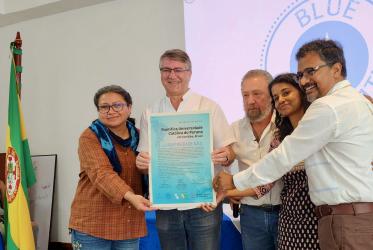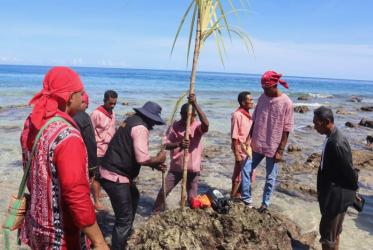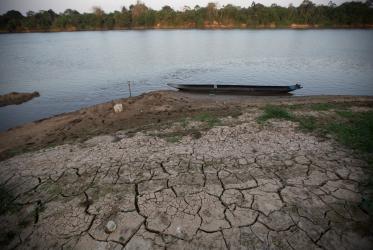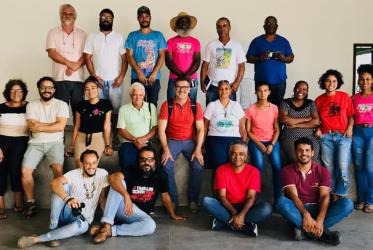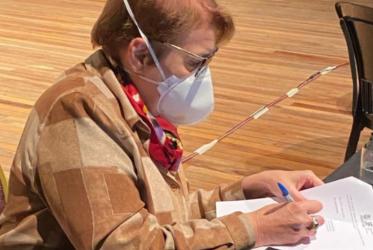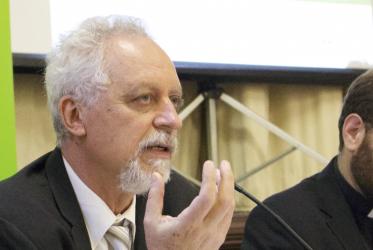Displaying 1 - 20 of 68
Brazilian ecumenical water network launched
29 July 2021
Pulling together for a living River Pardo
02 July 2021
“Economy of life” lifted up at special school in Indonesia
22 August 2019
WCC condemns massacre of farmers in Philippines
12 April 2019
